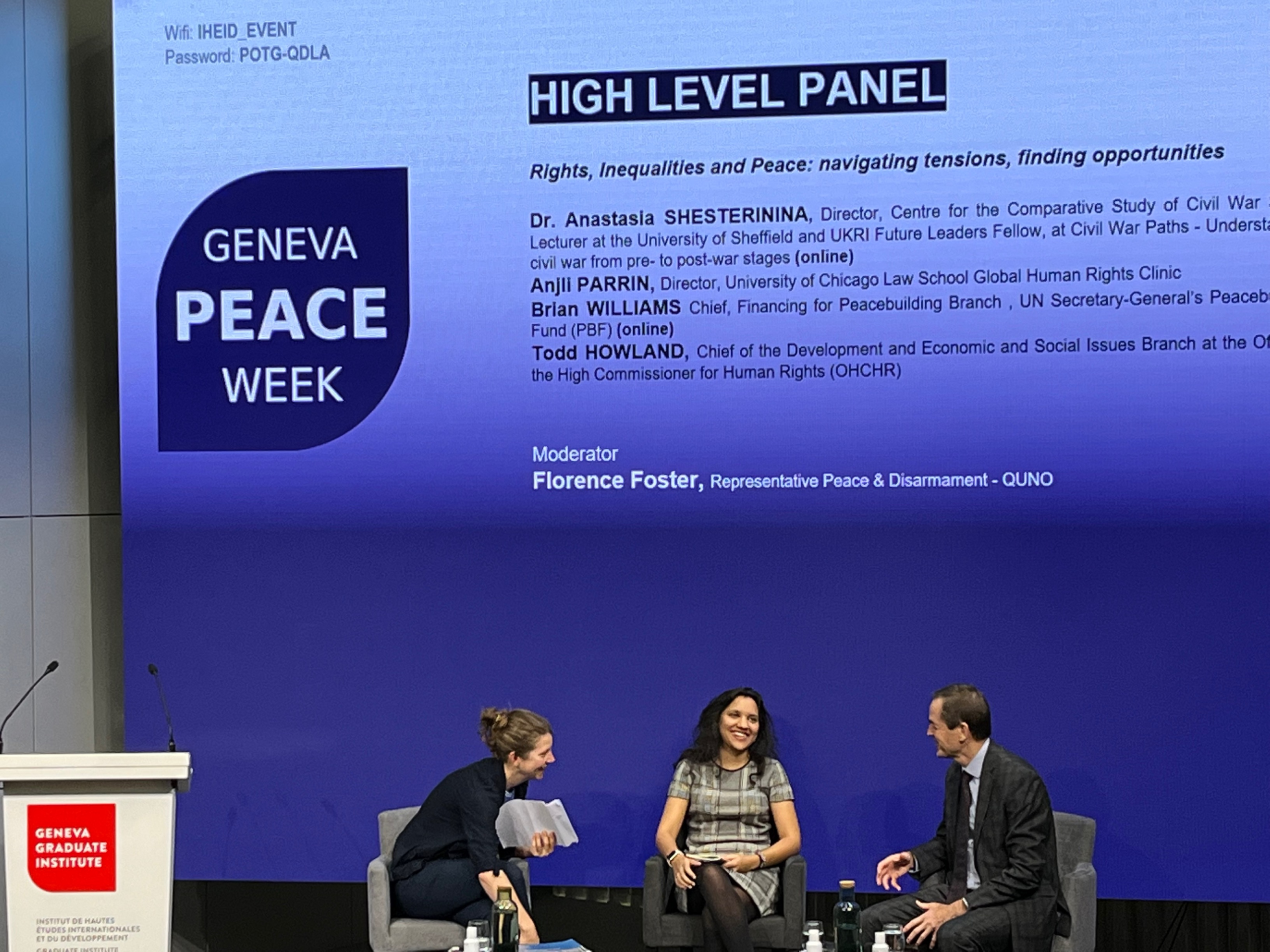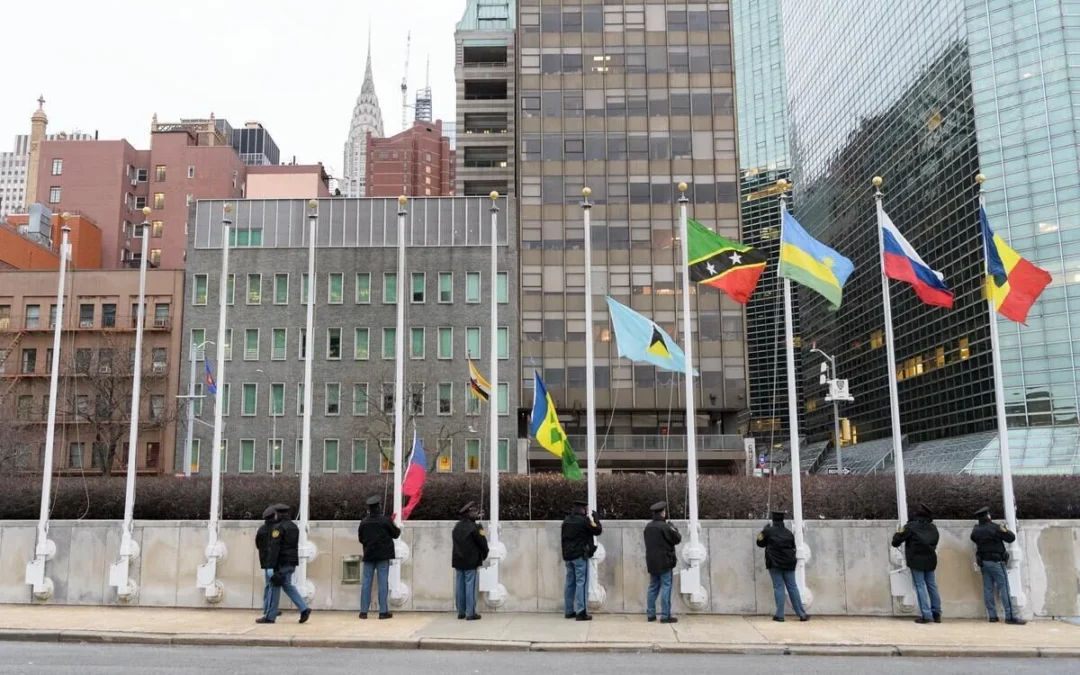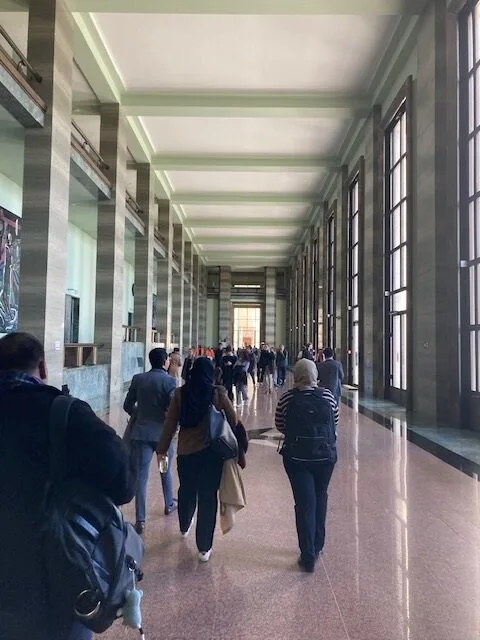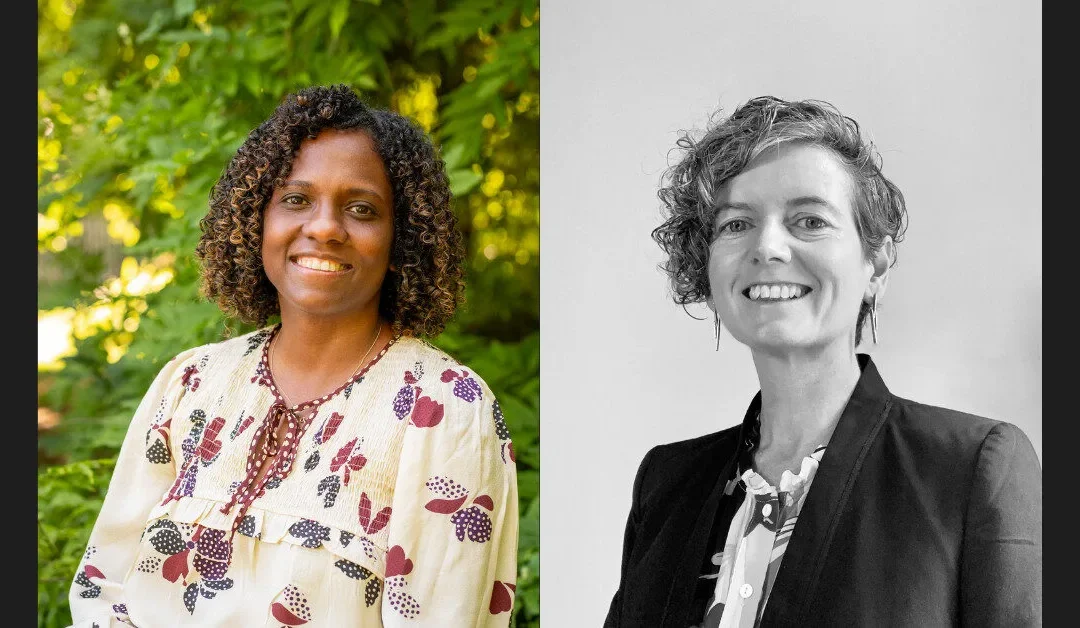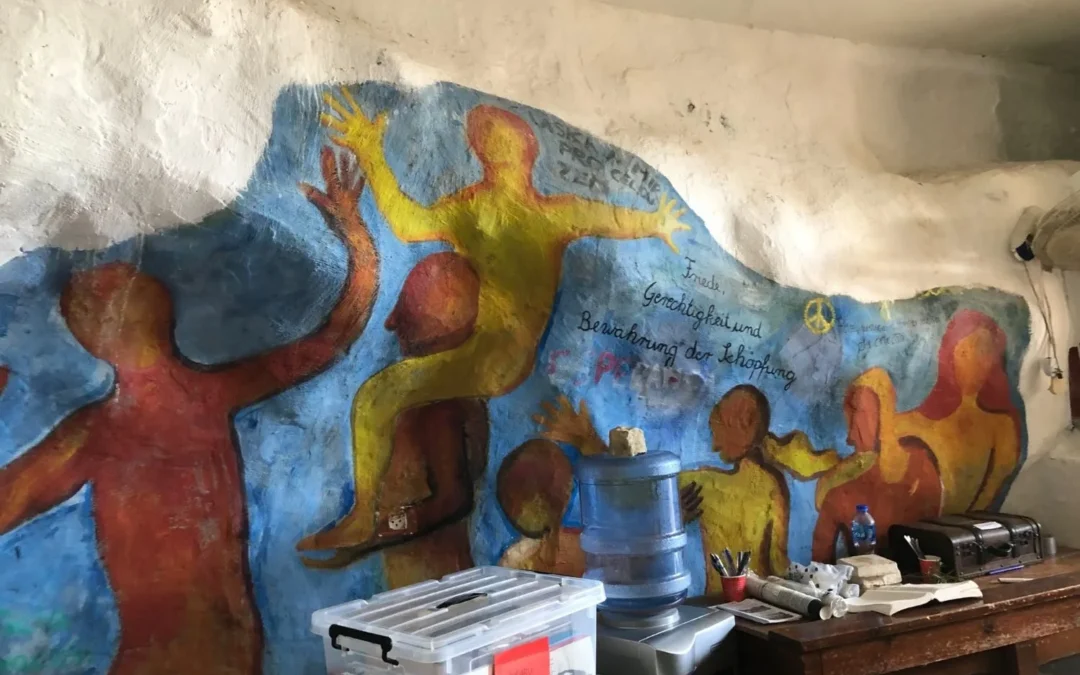The 2030 Agenda for Sustainable Development explicitly combines the promotion of peaceful, just, and inclusive societies in its Goal 16, which ‘seeks to promote peaceful and inclusive societies for sustainable development, provide access to justice for all and build effective, accountable and inclusive institutions at all levels.’
In that same vein, both the UN Security Council and the UNGA acknowledged, for the first time in 2016, the crucial relationship between human rights, development, and peace through the twin resolutions on Sustaining Peace.
The high-level panel on "Rights, Inequalities and Peace: navigating tensions, finding opportunities" brought together key experts and practitioners from the human rights and peacebuilding field to outline how actors on the ground, often touch on one another and may even produce ad hoc innovative collaboration. They also spoke of the challenges when people working on devising solutions to problems operate with a specific analytical frame in mind and only use approaches they are familiar with, undermining operational collaboration, finance, and reciprocal learning across these fields. They spoke powerfully of the value of overcoming siloed practices to enable opportunities for collaborative synergy and innovation supporting the work of both fields.
The scene was set by Dr Anastasia Shesterinina, Director of the Centre for the Comparative Study of Civil War and Senior Lecturer at the University of Sheffield – challenging the audience to see beyond the individual human right violations, beyond that one moment, to appreciate and understand the histories of oppression that lead to conflict and define people’s lived experience and their role within it. Understanding these trajectories, also helps understand where preventative action can be impactful. Anjli Parrin, Director, University of Chicago Law School Global Human rights Clinic, added that all too often civil and political rights are prioritized as indicators or in post-conflict elite bargains, while economic social cultural rights are often at the root of conflict, and therefore necessarily need to be addressed for sustainable peace.
Speaking about his time as the OHCHR Representative in Colombia before and during the implementation of the peace agreement, Todd Howland, currently Chief of the Development and Economic and Social Issues Branch at OHCHR, outlined how by ensuring that all rights were considered in the peace process, and importantly all communities – that a human rights based approach strengthened the outcome of peace agreements. Indeed, affected, and marginalized communities – beyond the elites – made it to the negotiation table and addressing issues of economic exclusion – beyond the classic civil and political rights in peace agreement – were prominent in how to build back social cohesion in the country.
Offering ways forward for peacebuilding practices, Brian James Williams, Chief of Financing for Peacebuilding Branch, gave an overview on their recently conducted thematic review on local peacebuilding. There is significant learning still to be done to ensure that funding is going beyond capitals – and truly going to local communities at the front line of social cohesion work. The review importantly highlighted that ‘the impetus for local peacebuilding is also rooted in normative stances from a human rights perspective’ – to ensure that voices are heard, and individuals or collectives are empowered to help build open, transparent, and participatory governing processes.
Increasing representation as a way of ensuring that human rights are respected, and needs are consistently met throughout the lifecycle of a conflict is an idea that was seconded by Anjli Parrin who also spoke on the importance moving away from heavy handed funding requirements that are hamstrung by log frames, administratively burdensome processes, and hashtag fads. Rather, she proposed that donors should adapt to the structures and resources of those they are funding, listening to and trusting the creative solutions proposed by impacted communities and local civil society for profound and sustainable impact.
Florence Foster ended the conversation by reiterating the striking picture Mr. Howland painted to illustrate his point – inviting the audience to picture a river, with conflict being on one side and peace & development on the other; with the bridge that takes you from one to the other is made of human rights pillars.

